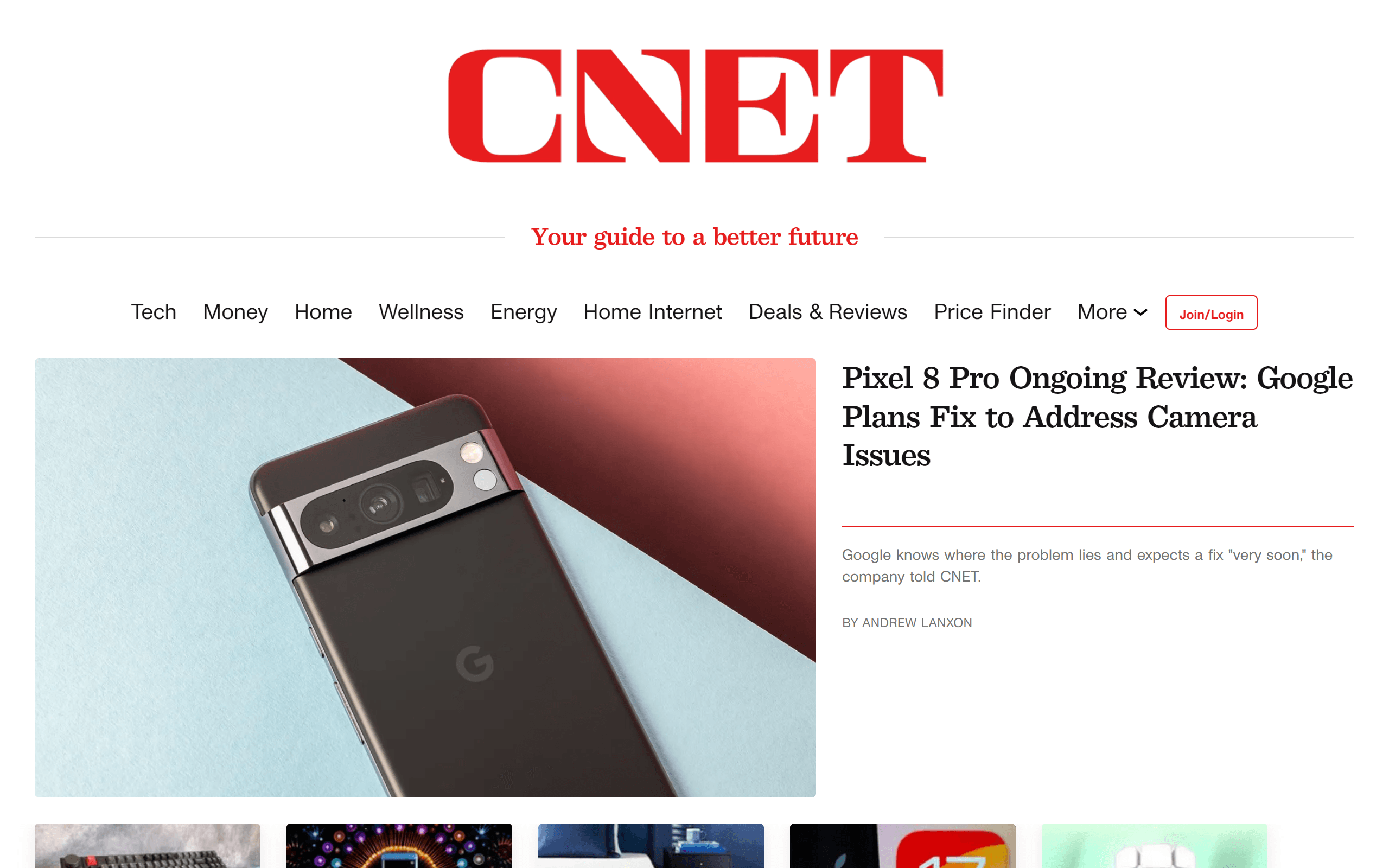Exactly How Blockchain Technology Is Revolutionizing Data Security
Blockchain innovation is basically modifying the landscape of information security by presenting a decentralized structure that promises improved transparency and strength. Unlike typical systems, which count on centralized information repositories, blockchain disperses information throughout a network, decreasing susceptabilities and single factors of failing. The usage of sophisticated cryptographic strategies makes certain that data continues to be tamper-proof, cultivating depend on among stakeholders and users. As sectors rapidly adjust to this technology, inquiries arise concerning its more comprehensive effect and potential obstacles. What implications does this shift hold for future information protection approaches and regulative structures? The solutions may stun you (Best tech blog).
The Basics of Blockchain
Blockchain modern technology, an innovative idea in digital information administration, basically changes how details is stored and safeguarded. At its core, a blockchain is a dispersed journal that videotapes purchases throughout a network of computers, ensuring transparency and immutability.
Key to recognizing blockchain is the hashing process, which secures transaction information right into a special alphanumeric code. This cryptographic function ensures that any alteration in the deal information leads to an entirely different hash, thus safeguarding versus tampering. The consensus device, one more important element, verifies and validates brand-new deals via a network of nodes, therefore removing the demand for a centralized authority.
Furthermore, blockchain's append-only structure guarantees that information, when added, can not be removed or changed. This characteristic assurances a irreversible and proven record of transactions, cultivating depend on among participants. Because of this, blockchain provides a durable framework for data stability, providing industries a reputable method for monitoring and managing electronic information in a secure, clear manner.
Decentralization and Protection
Decentralization, a core principle of blockchain modern technology, substantially enhances information protection by distributing control throughout a network as opposed to depending on a singular, centralized entity. This distribution reduces the threat of single points of failing, which are prevalent in traditional centralized systems. By distributing data across many nodes, blockchain makes certain that even if one node is compromised, the whole network stays secure. This redundancy not just strengthens the honesty of the information but also boosts its strength to cyberattacks and system failings.

Moreover, decentralization empowers customers with greater control over their information. Each participant in the network has access to the whole blockchain, allowing them to verify and investigate deals independently. This openness promotes trust among users, as they do not have to rely upon a central authority to make sure data honesty. Overall, decentralization is critical in improving data protection in blockchain networks.

Cryptographic Strategies
At the heart of blockchain modern technology, cryptographic techniques play an essential duty in securing information, making sure both discretion and honesty. Cryptography in blockchain utilizes a mix of symmetric and asymmetric algorithms to secure data, making it obtainable only to licensed events.
Hash functions are one more important part, changing input data into a fixed-size string of characters, successfully producing a distinct electronic finger print for every block. This makes certain that any attempt to More hints modify the information will lead to a totally different hash, thus preserving the immutability of the blockchain. Additionally, digital trademarks confirm the authenticity and honesty of deals, providing a layer of non-repudiation.
The decentralized nature of blockchain, combined with robust cryptographic methods, removes the requirement for middlemans, decreasing possible susceptabilities. As blockchain technology evolves, developments in cryptography such as zero-knowledge evidence and homomorphic file encryption remain to enhance protection steps, better strengthening data defense in this advanced digital ledger system.
Usage Cases Throughout Industries

In the health care market, blockchain ensures the protected storage space and sharing of client records, advertising interoperability while protecting delicate information from unapproved accessibility. This technology equips individuals with control over their case history and helps with smooth control amongst doctor.
Supply chain management benefits significantly from blockchain's unalterable ledger, which ensures traceability and credibility of items from origin to customer. By improving transparency, blockchain helps minimize issues such as counterfeiting and unethical sourcing.
In addition, blockchain's decentralized nature is improving the energy field by making it possible for peer-to-peer energy trading, where consumers can deal excess renewable resource directly. This promotes a more sustainable and efficient energy ecological community.
In the world of copyright, blockchain gives a tamper-proof system for developers to sign up and secure their jobs, guaranteeing rightful attribution and reasonable settlement. These varied use cases underscore blockchain's role as a pivotal pressure in redefining data safety throughout industries.
Future of Data Security
As we seek to the future of information protection, blockchain modern technology is positioned to play an essential role in securing electronic information. With its decentralized and unalterable qualities, blockchain supplies a robust structure for safeguarding sensitive data against unauthorized access and cyber risks. This modern technology ensures that once information is recorded, it is nearly impossible to change without detection, thus supplying a substantial benefit over standard information storage space methods.
The assimilation of blockchain with other innovative modern technologies, such as expert system and the Net of Points (IoT), is expected to enhance data security approaches further. By leveraging smart contracts, companies can automate and implement security methods, decreasing human error and enhancing effectiveness. Furthermore, blockchain's capability to provide deducible and clear transactions will bolster depend on and accountability in information management practices.
As governing landscapes evolve, blockchain's compliance-friendly nature will certainly end up being increasingly relevant. It can help companies fulfill stringent information defense guidelines, such as the General Data Security Guideline (GDPR) and the California Consumer Privacy Act (CCPA), by giving verifiable documents of information processing tasks. Eventually, blockchain's one-of-a-kind features setting it as a transformative tool in the ongoing mission to secure the electronic globe versus ever-evolving cyber threats.
Conclusion
Blockchain modern technology stands for a standard shift in information safety by leveraging decentralization and cryptographic techniques to improve openness, count on, and data honesty. Its ability to eliminate solitary points of failing and utilize consensus mechanisms considerably minimizes the risk of scams and cyberattacks. This ingenious structure not only encourages users with greater control over their information he said but likewise straightens with governing compliance. As cyber hazards evolve, blockchain arises as a vital device for durable data security throughout numerous markets.
Blockchain technology is essentially modifying the landscape of data security by presenting a decentralized framework that promises improved openness and find more durability. Unlike conventional systems, which depend on central information databases, blockchain distributes information throughout a network, minimizing susceptabilities and single factors of failing.Decentralization, a core concept of blockchain technology, substantially enhances data security by distributing control throughout a network instead than counting on a singular, centralized entity.At the heart of blockchain innovation, cryptographic strategies play a pivotal role in protecting information, making sure both discretion and honesty.Blockchain modern technology stands for a paradigm shift in information safety and security by leveraging decentralization and cryptographic techniques to enhance openness, trust fund, and information integrity.
Comments on “Enhance Your Knowledge with the Best tech blog Featuring Industry Experts”